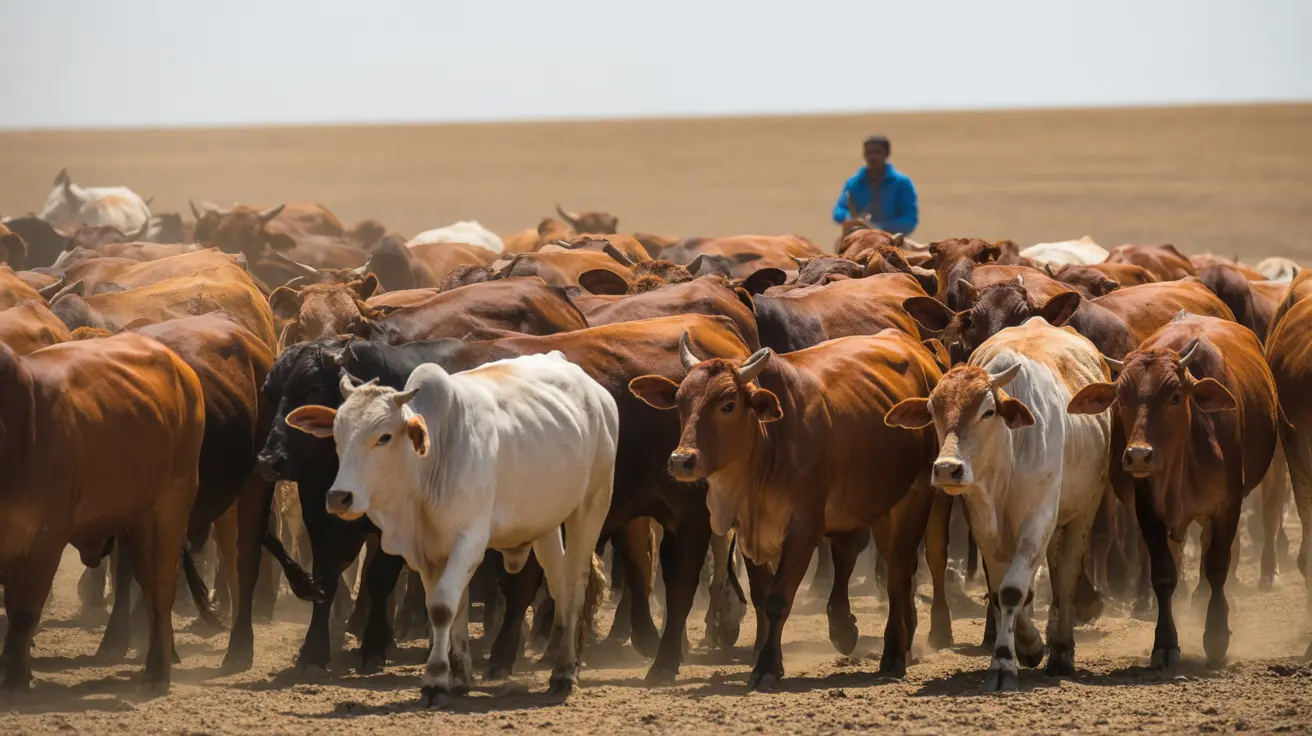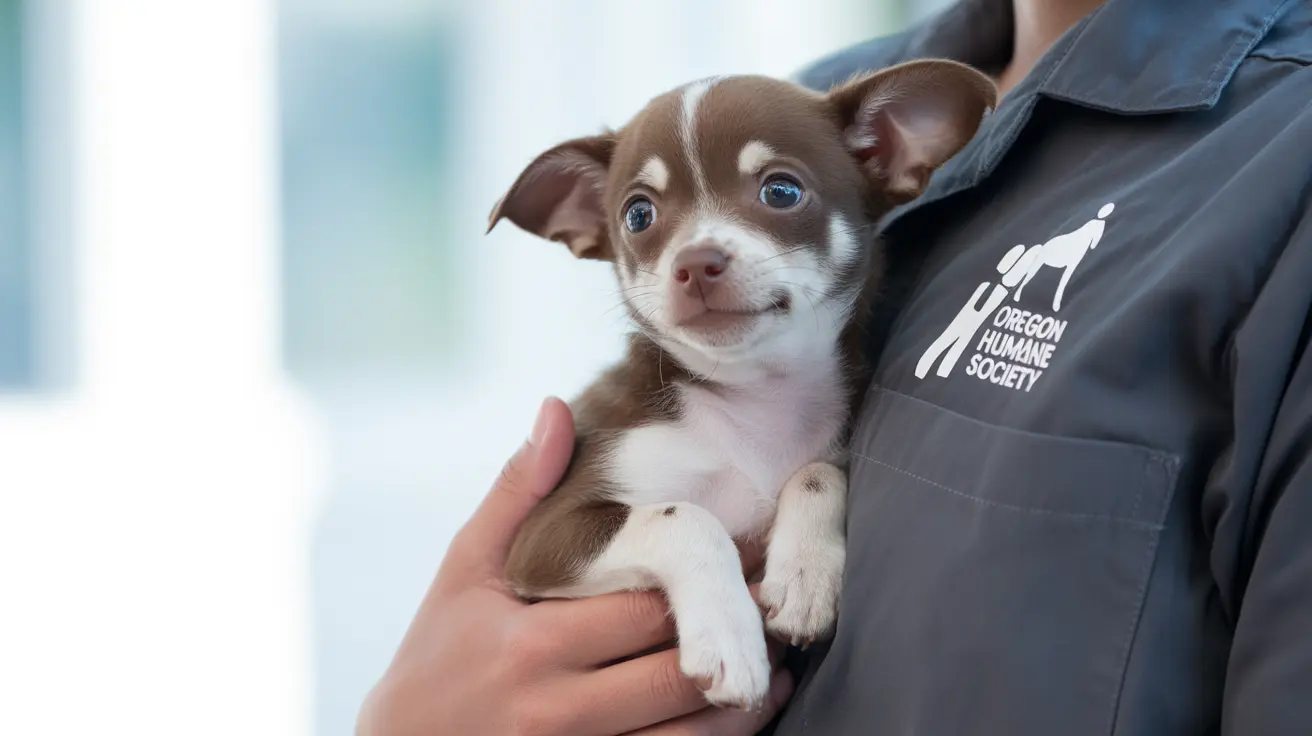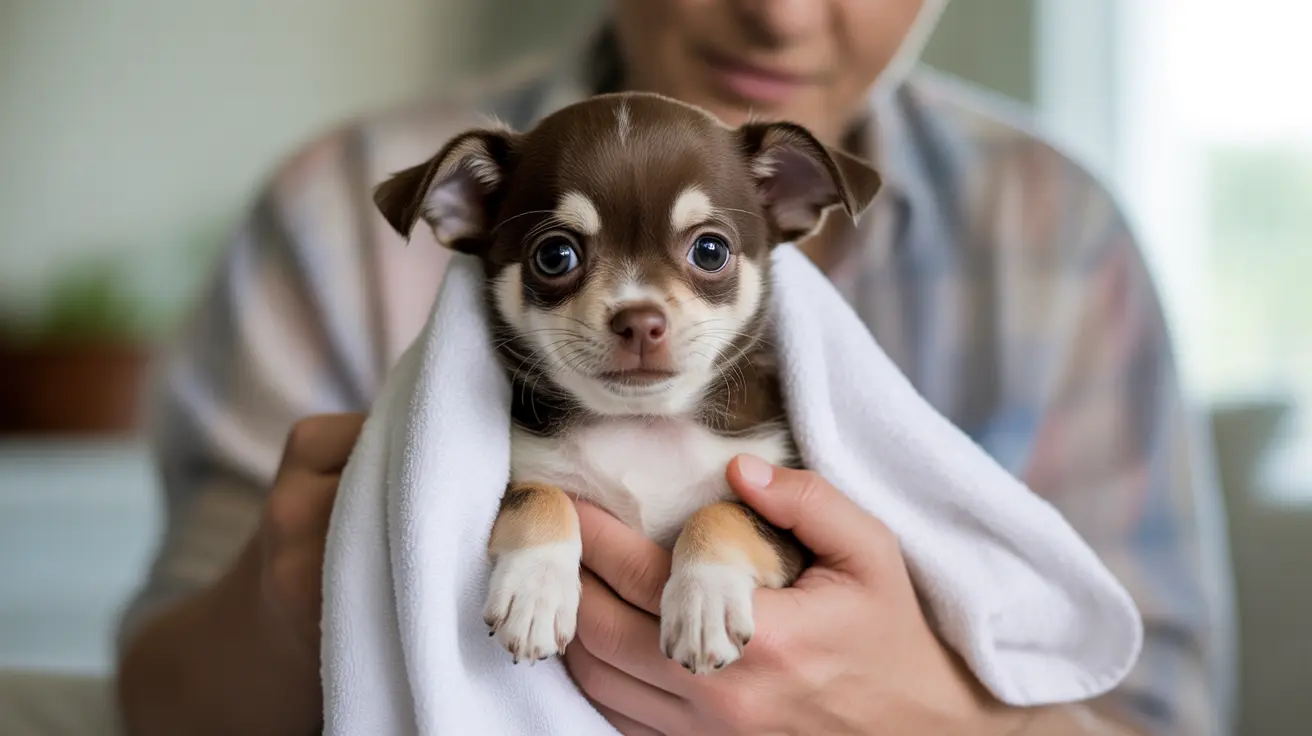Understanding Livestock Guardian Dogs
Livestock guardian dogs (LGDs) play a unique role on farms and ranches, where their main job is to protect herds of sheep, goats, cattle, or other animals from predators. These dogs aren't just pets—they're working partners that have been bred for centuries to keep livestock safe.
The Role of Livestock Guardian Dogs
Unlike herding dogs, which move animals from one place to another, LGDs stay with the herd at all times. Their presence alone often deters predators like wolves, coyotes, or even bears. They don't chase threats far; instead, they position themselves between the danger and their charges.
- Constant Companions: LGDs live outdoors with the flock year-round.
- Protective Instincts: They're naturally wary of strangers but gentle with the animals they guard.
Common Breeds Used as Livestock Guardians
Certain breeds have proven especially effective as guardians due to their temperament and physical traits. Some of the most popular include:
- Maremma Sheepdog
- Anatolian Shepherd
- Great Pyrenees
- Kangal
- Komondor
These breeds share characteristics like a thick coat for weather resistance, large size for intimidation, and calm demeanor around livestock.
How Livestock Guardian Dogs Work
- Bonding: Puppies are introduced to livestock at a young age so they imprint on them as part of their pack.
- Territorial Behavior: LGDs patrol boundaries and mark territory with scent to warn off intruders.
- Barking and Posturing: When a threat appears, they bark loudly and place themselves between it and the herd.
If necessary, these dogs will physically confront predators but usually avoid direct conflict unless absolutely needed.
The Benefits of Using LGDs
- Reduced losses from predation without relying on lethal control methods.
- A more peaceful coexistence with wildlife in rural areas.
This approach helps maintain ecological balance while protecting farmers' livelihoods.
Caring for Livestock Guardian Dogs
Caring for an LGD requires commitment. These dogs need:
- Adequate food and water (they're large breeds with big appetites).
- Shelter from extreme weather conditions.
Their health should be monitored regularly since they're exposed to outdoor hazards daily. Socialization is important too—while they're independent by nature, proper training ensures they're safe around people and animals alike.
The Human-Animal Bond
The relationship between LGDs and their charges is remarkable. Over time, these dogs develop strong attachments to the animals they protect. Farmers often report seeing their guardian dog lying among lambs or gently guiding stray goats back to safety. This bond is what makes them so effective—they see protecting livestock as their life's purpose.





